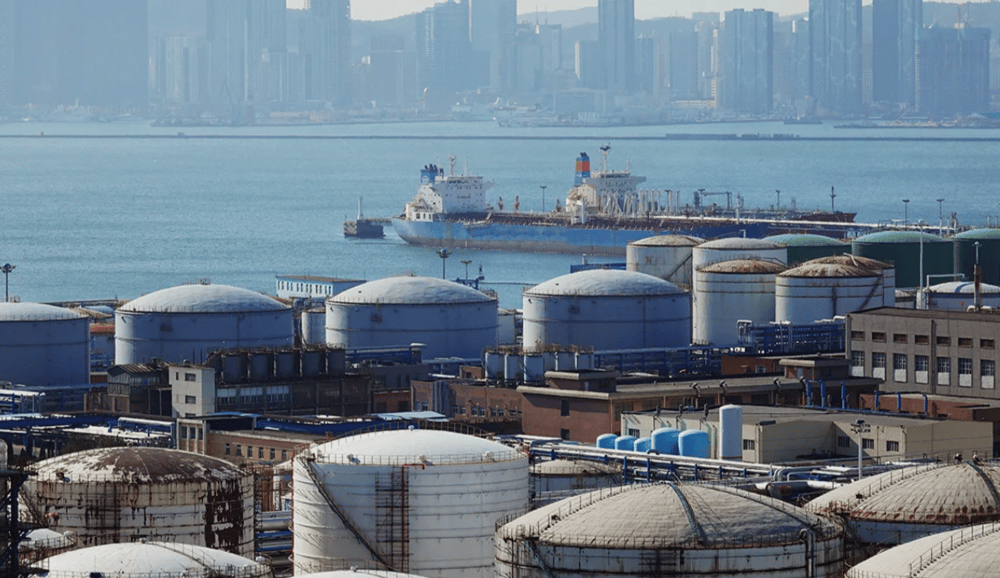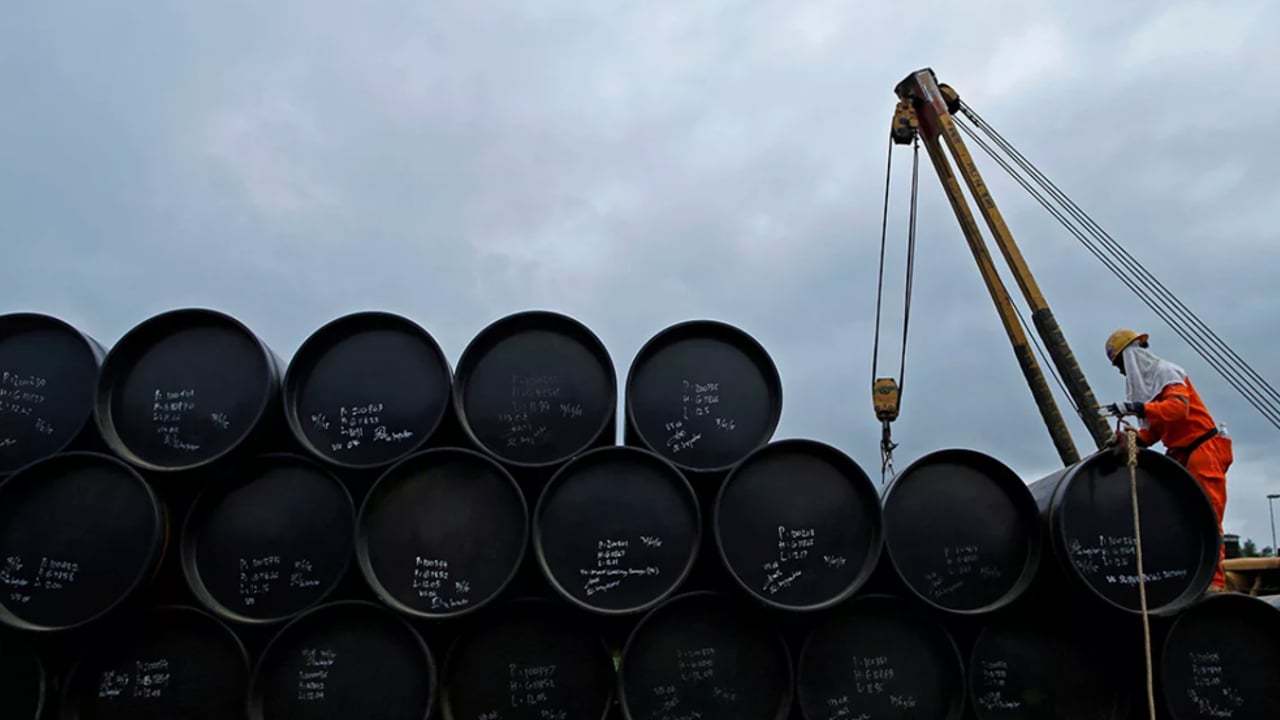Related Articles
Chevron and ExxonMobil Win U.S. Supreme Court Review in Louisiana Climate Lawsuit Jurisdiction Fight
The U.S. Supreme Court has agreed to hear a high-stakes appeal from major energy companies including Chevron Corp. $CVX and Exxon Mobil Corp. $XOM concerning climate liability lawsuits brought by Louisiana coastal parishes. The litigation centers on decades of alleged environmental degradation tied to oil and gas production—specifically in Plaquemines and Cameron Parishes—amid claims that these activities exacerbated coastal erosion and climate vulnerability.
Ghana Faces $11.4 Billion Gold Smuggling Crisis as UAE Imports Expose Trade Gap
A recent report by the nonprofit Swissaid has revealed a massive discrepancy in Ghana’s gold trade data, exposing the country to an estimated $11.4 billion in lost revenue over a five-year period due to unregulated gold smuggling, primarily to the United Arab Emirates (UAE).
Gold Prices Dip Amid Israel-Iran Conflict and Upcoming G7 Summit
Gold prices slipped on Monday as global investors grappled with mounting geopolitical tensions between Israel and Iran, alongside heightened anticipation for this week’s Group of Seven (G7) leaders’ summit and the impending Federal Reserve policy announcement. Despite recent volatility, gold’s role as a safe-haven asset remains prominent as markets balance concerns over conflict and central bank interest rate decisions.








This strategic decision could transform the landscape of automation in an ever-evolving tech environment, setting the stage for new developments and innovations.